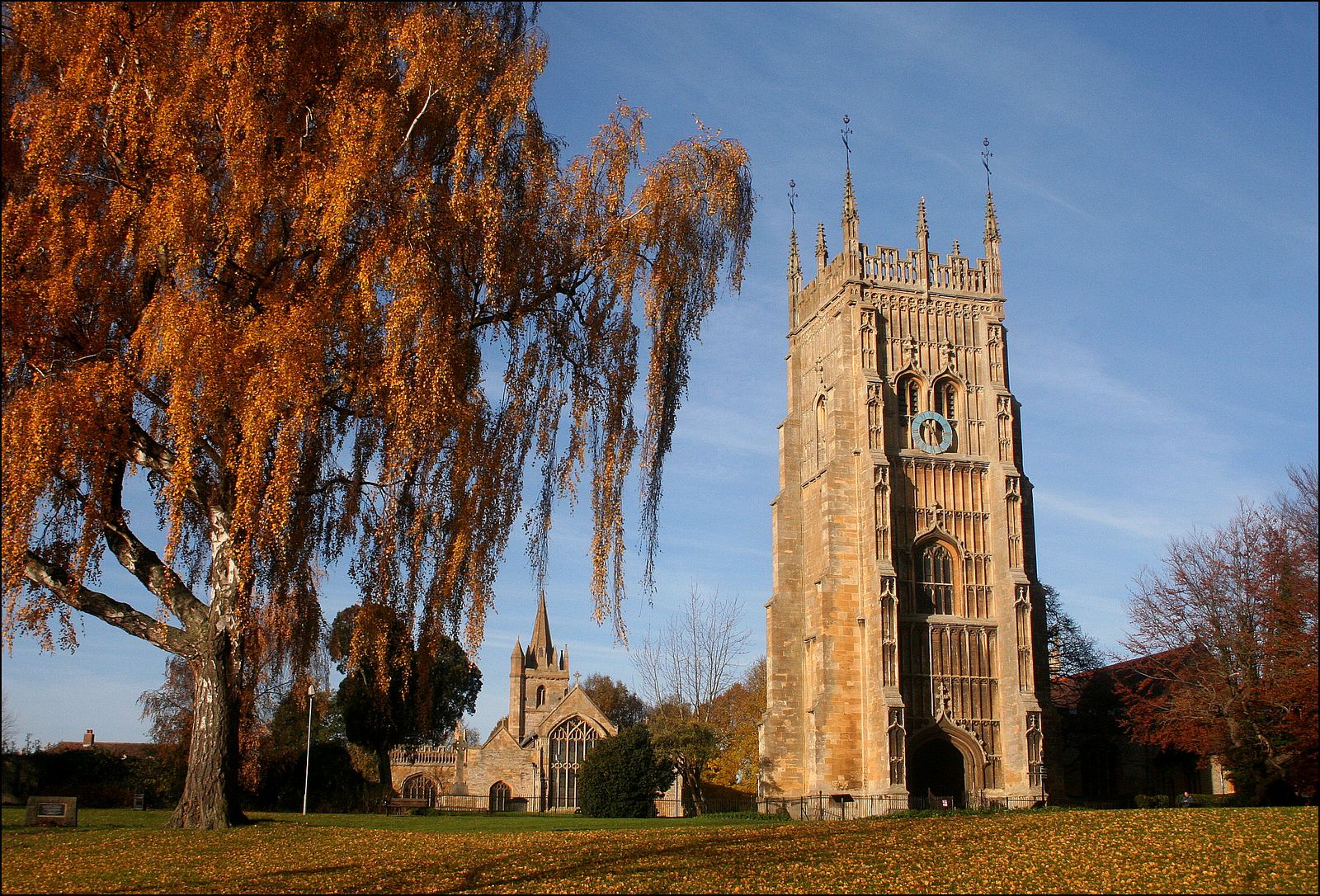Sir Henry de Montfort
Henry de Montfort was the eldest son of Simon de Montfort and Eleanor of England. He is remembered as a "gentle knight" and loyal son who played a central role in the Second Barons' War.

Henry was born in November of 1238 in England. His father was Simon de Montfort, 6th Earl of Leicester, and his mother was Eleanor of England. His mother was the daughter of King John and sister to Henry III, making Simon and King Henry brothers-in-law. In fact, Henry de Montfort was named after King Henry III, his uncle.
Raised alongside his brothers and educated under the tutelage of Bishop Robert Grosseteste, Henry was groomed for both military and political roles from a young age.
Henry's father, Simon, was also the leader of the English Barons who rose against the King during the Second Barons' War. Despite being named after his uncle, Henry de Montfort sided with his father and the barons.
In January of 1264, Henry de Montfort was one of the deputies sent to represent the barons at the Mise of Amiens, a settlement given by King Louis IX of France in the dispute between the barons and King Henry III. When he ruled in favor of King Henry, it set the stage for the Second Barons' War.
Henry de Montfort commanded troops dispatched to secure the border with Wales. On February 28th, 1264, he sacked Worcester and soon after that, he took Gloucester. When Prince Edward approached, Henry made a truce with him and retired to Kenilworth.
On May 14th, 1264, Henry and his brother Guy de Montfort led the vanguard at the Battle of Lewes, in which the baronial forces were victorious. On May 28th, Henry was made constable of Dover Castle, Warden of the Cinque Ports, and treasurer of Sandwich.
In 1265, Henry de Montfort and Humphrey de Bohun were holding King Henry III and Edward prisoner following the Battle of Lewes when the siege of Gloucester began. Henry and Humphrey spent two weeks fortifying Gloucester Castle and the town. Prince Edward would later escape captivity and rally royalist forces to challenge the barons.
Simon de Montfort and his army, including Henry, moved from Wales to the town of Evesham, hoping to join with the forces of Simon the Younger, who was heading to Evesham from Kenilworth in the north.
On the morning of August 4th, 1265, horns sounded announcing the arrival of the army from the north. Still, when Simon de Montfort looked at the approaching army, he realized it was not his son Simon's army approaching as scouts had told him earlier, but that of Prince Edward. Edward had attacked Simon the Younger's army near Kenilworth, took his banners, and disguised his army to trick the scouts. The Battle of Evesham was about to begin.
Simon knew he was trapped, surrounded by the river and in a heavy thunderstorm, his army headed out to fight Edward's army, who had the high ground. As noble as the baronial forces fought, it was a slaughter for the royalists.
Henry de Montfort was among the first to be killed in the battle. Simon's first son and heir was killed in full view of his father, split by a sword. When Simon saw this, he said to his men that it was time "for them to face their fate." With that, they charged Edward's center, where Simon was thrown from his horse and surrounded by about a dozen knights who cut him down. The final and fatal blow came from Roger Mortimer.
Simon de Montfort, Henry de Montfort, and Hugh le Despenser were buried at the steps of the High Altar of Evesham Abbey.
Guy de Montfort was severely wounded and taken prisoner.
